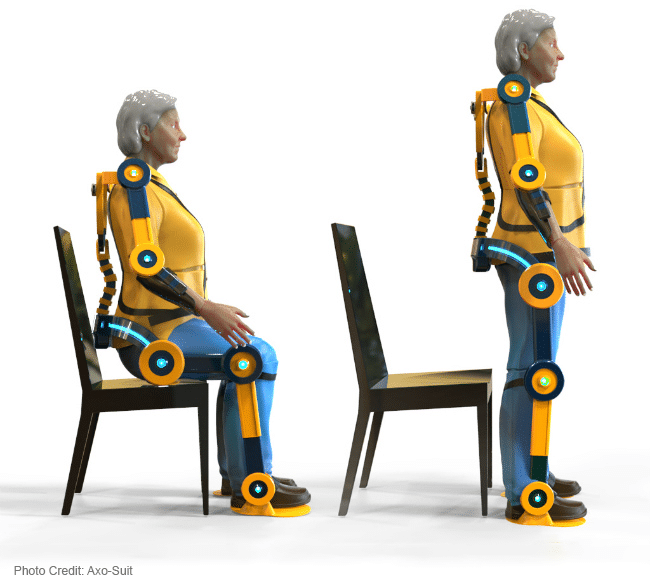Before We Drove, We Walked
In our Elder Care Law practice, our Care Coordinators frequently encounter families who need assistance managing senior independence, such as loved ones who should no longer drive. Whether because of a cognitive incapacity or physical incapacity, driving safely is not something their loved one can manage. 90% of seniors aged 70 or over believe losing the ability to drive means a loss of independence. Because of this, these discussions are often met with frustration, anger, and sadness.
Also discussed frequently, but with seemingly less anger or frustration, is the loss of one’s ability to walk. Often it starts with “walk walking,” then using a cane, on to a walker, perhaps a motorized scooter, or even a wheelchair. Perhaps the gradual decline grants an adjustment period to each stage rather than a dive into the deep end as with the loss of a car.
Regardless of the reasons, losing the ability to walk is a loss of independence in its truest sense. Fortunately, this instance in managing senior independence via AgeTech is something tech innovators are working on. One, in particular, is the European Union AXO Suit project, an exoskeleton designed to allow seniors to remain active.
The AXO Suit is designed for brief periods of activity, including gardening, cleaning, and going for walks. While this may look bulky and intimidating, at the pace technology advances, the dimensions of this will continue shrinking. There is speculation that this device could be incorporated into clothing and virtually hidden from sight.
Our world is aging, some parts more than others. Using the tools increasingly at our disposal, restoring independence, in its truest form, is a moral covenant between the young and the old.
We encourage you all to register for our upcoming 5th Annual Virtual Elder Care Symposium on October 20th, where you will learn more about managing senior independence through technology. The Keynote speaker is Gerontechnologist, Keren Etkin. Her discussion will focus on these innovations designed to improve senior care. We look forward to seeing you there.


